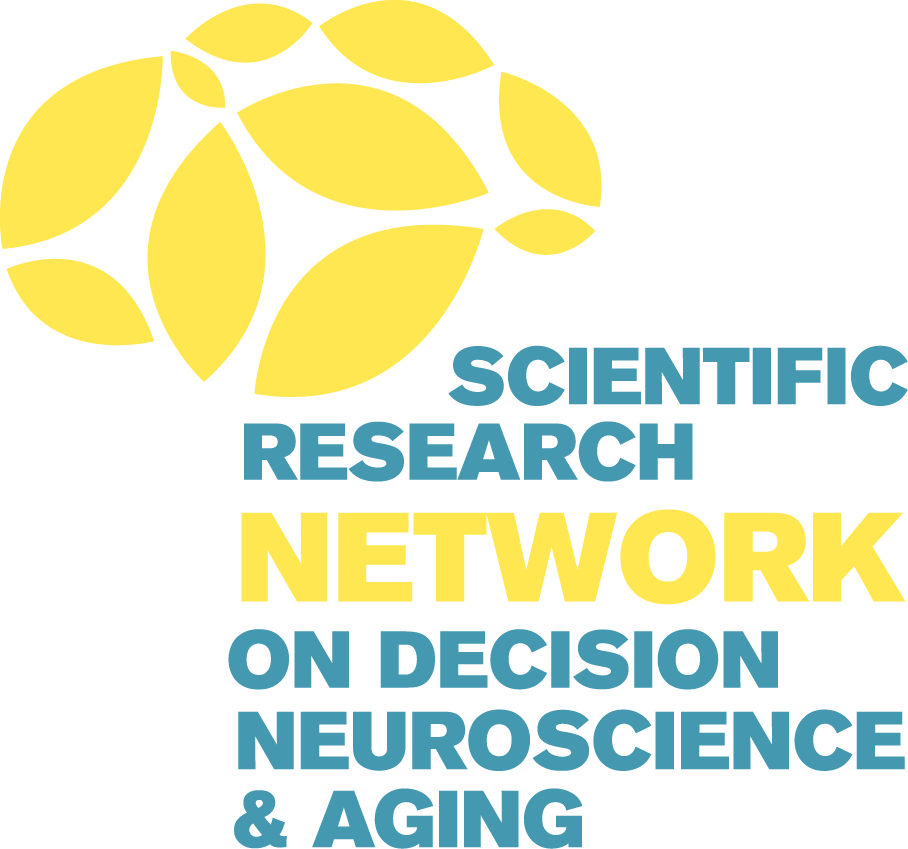Open Data Awards
Do you have behavioral and/or neuroimaging data relevant to aging and decision making that we could pay you to make public?? This award is for you! Do you know someone who has data you’d love made public? Send them this announcement, and we will pay them to share the data you’re looking for!
Everyone benefits from open data, but organizing and cleaning data for sharing can be time consuming, and there are few tangible incentives to put in the effort. We are looking to change that!
The Open Data Award provides funding for anyone (undergraduates, post-baccs, graduate students, post-doctoral fellows, research scientists, or faculty) willing to share a relevant data set.
The data do not have to be shared yet, but it (along with relevant metadata) and a preprint of a Data in Brief-style manuscript will have to be made public before the award can be conferred. If approved, the applicant will receive the award after providing (1) a link to the shared data, (2) a Data in Brief-style article is published on a preprint server, and (3) the terms of sharing are verified by one of our team members. We encourage all applicants to submit their data sets for publication. If the Data in Brief article is accepted for publication, SRNDNA will pay the $850 article publication charge.
Awards will depend on the size and nature of the data set. Previous categories (guidelines are approximate):
- Subject-level behavioral data (N < 100)
- Subject-level and trial-level behavioral data (N < 100)
- Subject-level behavioral data (N > 100)
- Subject-level and trial-level behavioral data (N > 100)
- Neuroimaging data (MRI/fMRI/DTI/EEG/PET/MEG/etc) with basic demographics alone
- Neuroimaging data (MRI/fMRI/DTI/EEG/PET/MEG/etc) with behavioral data (during imaging or pre/post-imaging)
- Multimodal neuroimaging data (3 or more of: MRI/fMRI/DTI/EEG/PET/MEG/etc)
- Multimodal neuroimaging data (3 or more of: MRI/fMRI/DTI/EEG/PET/MEG/etc) with behavioral data (during imaging or pre/post-imaging)
- Non-human animal behavioral or neuro data
The following conditions apply:
- The project has to be relevant to aging and decision making.
- There must be a detailed description of the project, participants, and all measures included in the study. This should be in the form of a Data in Brief article using the template provided on their Aims & Scope page (https://www.elsevier.com/dib-template) and shared on a preprint server.
- Behavioral data must be shared on OSF.
- Neuroimaging data must be shared in OpenNeuro in BIDS format.
- The parent award for SRNDNA (NIA R24-AG076847) must be cited in the Data in Brief-style manuscript.
Applications are closed.
Recipients will be announced around Dec. 15, 2025
Awardees
2024

Daniel Sazhin, Vishnu Murty, Chelsea Helion, David V. Smith
This behavioral dataset measures how people across the lifespan make predictions given trends in information.
View Data in Brief publication here.
View data in GitHub repository here.
2023

Marilyn Horta (center), Kaat Alaerts, Natalie Ebner, Peiwei Liu, Rebecca Polk
Our project seeks to publicly share neuroimaging, phenotypic, and demographic data on younger and older adults from two oxytocin clinical trials conducted in Dr. Ebner’s lab, while also contributing to the Oxytocin Brain Imaging Data Exchange to promote open investigation on the impact of neuropeptides on social decisions and behaviors in aging.
View Data in Brief publication here.
View OpenNeuro repository here.

Loreen Tisdall and Rui Mata
The AgeRisk project aims to investigate the lifespan trajectories of risk preference and related constructs (e.g., impulsivity, self-control) and to determine their convergence across different categories of measures (such as self-report, informant-report, behavioral assessments, hormonal analyses, and neuroimaging).
View Data in Brief publication here.
View OpenNeuro repository here.
View OSF repository here.
2022
- Padideh Nasseri, Hyun Joo Yoo, Kaoru Nashiro, Jungwon Min, Christine Cho, Shelby Bachman, Shubir Dutt, Shai Porat, and Paul Chio working with Mara Mather at USC shared a multimodal dataset that includes fMRI, ASL, MRI, and behavioral and individual differences data (N = 137) for a project investigating the effects of 5 weeks of heart rate variability biofeedback training on social decision making. View data here.
- Kaileigh Byrne at Clemson shared a behavioral data set with subject- and trial-level data comparing effortful and effortless prosocial behavior between older (N = 46) and younger adults (N = 65). View data here.
- Yi Yang, Rita Ludwig, and Srikar Katta working with David Smith at Temple University shared three behavioral data sets (N = 680, N = 305, N = 933) that include multiple measures related to sociodemographics, economic decision making and financial exploitability, psychosocial variables, and cognitive, mental, and physical health variables. View data here.

You must be logged in to post a comment.